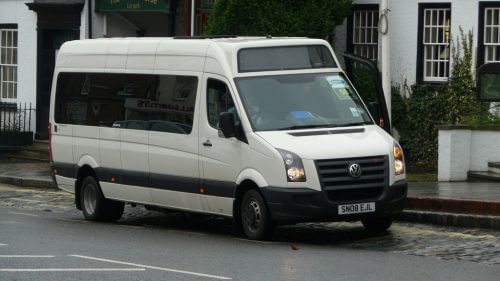
Operator claimed company directors did not require Driver CPC qualifications to drive passenger vehicles for hire and reward, as the directorship was their principal activity
An appeal from Wish Travel and Transportation Solutions Ltd against a decision made by Deputy Traffic Commissioner (DTC) for the North West of England Traffic Area, Miles Dorrington, on June 13, 2017, has been dismissed.
The DTC had found that neither Anthony Riley or his co-director, Leandra Mallinson, were exempt from the requirement to hold a Driver CPC when they drove minibuses operated by Wish Travel. He reduced the operator’s vehicle authorisation from eight vehicles to five vehicles for 14 days, effective from the date of the Public Inquiry (PI).
The DTC also issued a first and final warning to Mr Riley in his capacity as Transport Manager.[…]
By subscribing you will benefit from:
- Operator & Supplier Profiles
- Face-to-Face Interviews
- Lastest News
- Test Drives and Reviews
- Legal Updates
- Route Focus
- Industry Insider Opinions
- Passenger Perspective
- Vehicle Launches
- and much more!


